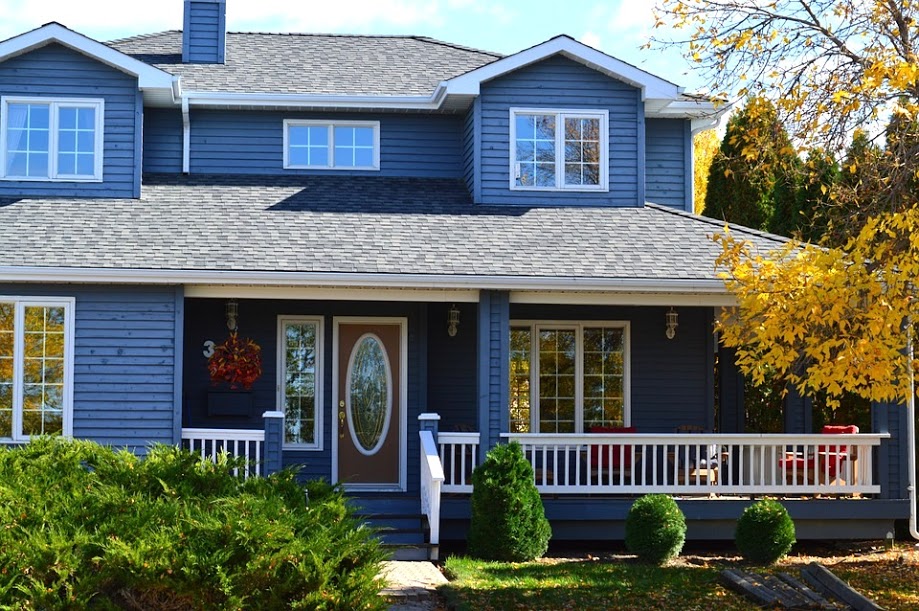“What’s my home worth?”
Even if you are not in the market to sell your house, your home is a sizeable investment, and it is natural to ask the question: What is my home worth?
The question of “home value” can be answered in three different ways.
- Ask your public tax assessor, and you’ll get one number. This number is typically low.
- Look up your house on Zillow and get a Zestimate, and you’ll get another number. This number is typically inflated and is too high.
- The third answer is market value.
Market Value is the value your house should sell for, typically within 30 to 90 days.
Many people are confused about assessed value versus market value. The assessed value is a number placed on a property by a public tax assessor to calculate the property taxes you pay on your home each year. Depending on your area’s tax rate, the assessed value determines your annual tax bill. The assessment rules vary, but typically the assessed value has more to do with how much money the municipality needs to raise than it does the number you’d arrive at after putting your home on the market.
Assessed values are only adjusted annually and can lag behind actual market values in both directions. They can also vary widely from home to home in the same neighborhood, especially if a neighbor has appealed an assessment (usually to lower their tax bill). In case you were wondering, assessed values don’t automatically adjust for you when someone else appeals their assessment.
Market value is the price at which a specific house, typically within 30 to 90 days, in a particular location in its current condition will sell. Your real estate agent will try and predict your home’s market value based on all of these factors. If you live in a hot neighborhood, your home value can be elevated. If you have significant repairs to do or other condition issues, your market value can be lower. The number one reason a home doesn’t sell is often related to a disparity between the listing price and actual market value. (Overbidding occurs when a home is priced below market value.)
Generally, assessed value tends to be below market value. Sometimes a buyer will attempt to negotiate a lower price on a home by citing assessed value, but this only underscores their lack of understanding about assessed value versus market value.


 Facebook
Facebook
 X
X
 Pinterest
Pinterest
 Copy Link
Copy Link


